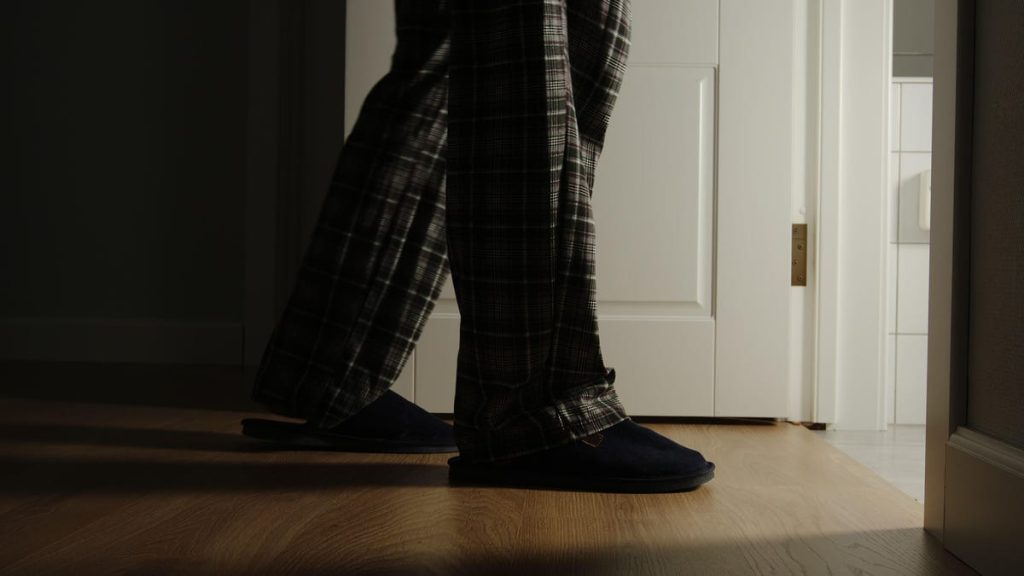Many Americans struggle with waking up multiple times during the night to use the bathroom, a condition known as nocturia. This can be caused by a variety of factors such as consuming caffeine or alcohol before bed, taking certain medications, or underlying medical conditions like diabetes or urinary tract infections. Nocturia affects a significant portion of the adult population, with one in three adults over 30 and half of those over 65 experiencing this issue. However, there are strategies and habits that can be implemented to help reduce these nighttime bathroom visits and improve sleep quality.
Monitoring caffeine intake at night is one simple way to potentially reduce the need to use the bathroom during the night. Caffeine is a diuretic that can increase the need to urinate, especially for those with overactive bladder symptoms. Limiting caffeine intake in the afternoon and evening, and ideally stopping consumption by noon, may help decrease nighttime bathroom trips. Additionally, exploring pelvic floor therapy can be beneficial for individuals with pelvic floor issues, as strengthening these muscles can improve bladder control and reduce leakage, potentially decreasing the frequency of nocturia episodes.
Wearing compression socks during the day can help improve fluid distribution in the body, reducing the amount of fluid that collects in the legs and needs to be processed by the kidneys during the night. Avoiding large beverages after dinner, especially alcohol, is another strategy to minimize nighttime bathroom visits. Limiting fluid intake in the hours leading up to bedtime can help reduce the amount of urine produced overnight. Taking a daily nap may also be beneficial, as the body can release excess liquid during a nap, potentially reducing the need for nighttime bathroom trips.
If these habits and strategies do not result in improvement or if nocturia is significantly impacting sleep quality, it is important to consult with a healthcare provider. They can help identify any underlying medical conditions or lifestyle factors contributing to nocturia and recommend appropriate treatment options. By addressing the root cause of nocturia and implementing proper interventions, individuals can effectively manage this condition and improve their quality of sleep. With the right approach, it is possible to regain control over nighttime bathroom visits and enjoy better rest.












